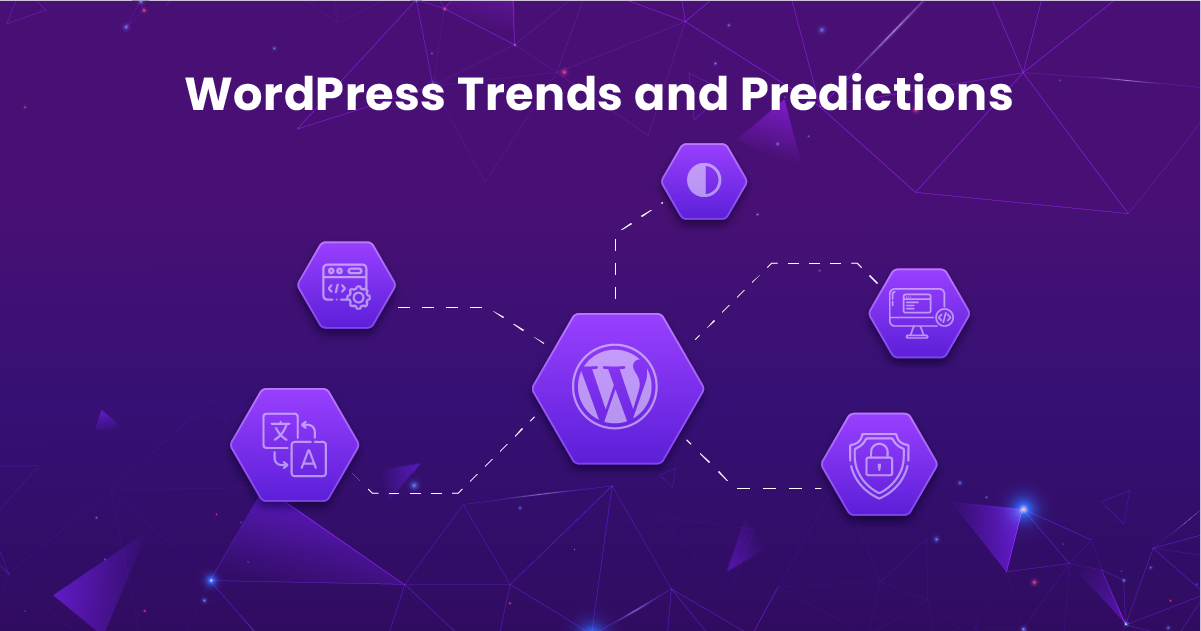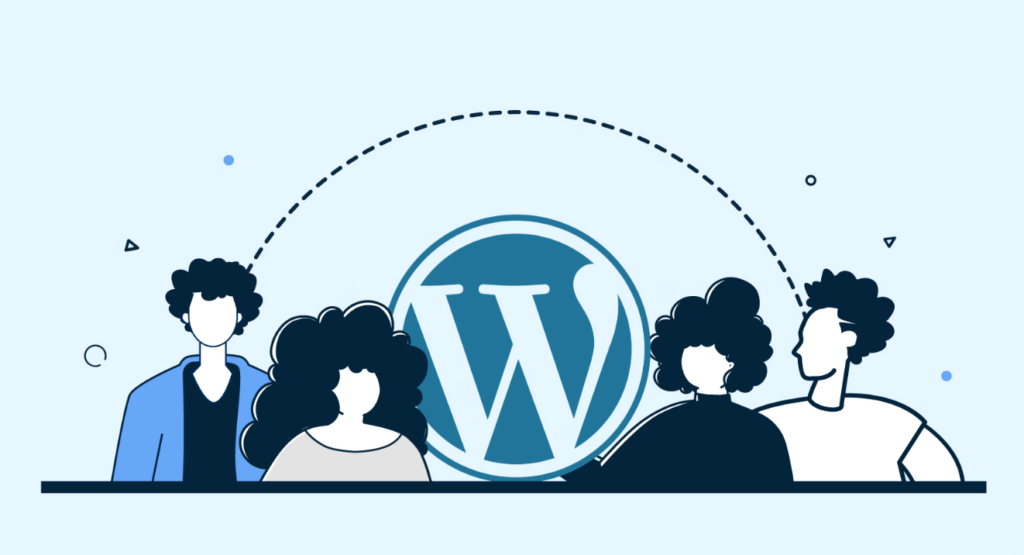Emerging Trends in WordPress Development 2024

The world of WordPress development is dynamic and ever-evolving, with new technologies, practices, and trends shaping the landscape each year. As we step into 2024, it’s essential for WordPress developers to stay ahead of the curve and embrace emerging trends that can influence the way websites are built, maintained, and experienced. In this article, we’ll explore some of the key trends in WordPress development anticipated for the year 2024.
1. Headless WordPress Architectures
Headless WordPress, where the frontend and backend are decoupled, is gaining traction. Developers are increasingly adopting headless architectures to provide more flexibility in delivering content across various platforms, including web, mobile, and emerging technologies like virtual reality (VR) and augmented reality (AR). This approach allows developers to use modern frontend frameworks like React or Vue.js while leveraging WordPress as a powerful content management system (CMS).
2. Full Site Editing (FSE) and Gutenberg
Gutenberg, the block editor introduced in WordPress, continues to evolve. Full Site Editing (FSE) is an extension of Gutenberg that enables developers and site owners to customize every aspect of a site’s design using blocks. This includes headers, footers, and other global elements. FSE simplifies the process of building and designing entire sites without relying on additional themes or page builders.
3. Artificial Intelligence (AI) Integration
AI is becoming more prevalent in web development, and WordPress is no exception. Expect to see increased integration of AI-powered tools and features in WordPress development. This could range from AI-driven content recommendations and chatbots to more advanced applications like automated image optimization and personalized user experiences.
4. Progressive Web Apps (PWAs)
Progressive Web Apps continue to be a significant trend in WordPress development. PWAs provide a seamless, app-like experience for users, offering offline capabilities, push notifications, and fast loading times. Integrating PWA features into WordPress websites enhances user engagement and accessibility, especially on mobile devices.
5. Voice Search Optimization
With the rise of voice-activated devices and virtual assistants, optimizing websites for voice search is becoming crucial. WordPress developers are expected to focus on incorporating voice search optimization strategies, such as using conversational language in content, improving site speed, and enhancing the overall user experience for voice-based interactions.
6. Blockchain Integration
Blockchain technology is making its mark in various industries, and WordPress development is no exception. Expect to see increased exploration of blockchain for enhancing security, managing digital identities, and facilitating secure transactions within WordPress websites. Blockchain integration could also play a role in content authenticity and ownership verification.
7. Dark Mode and Accessibility
Dark mode has become a popular feature across various platforms, and WordPress is no exception. Expect more emphasis on incorporating dark mode options in themes and admin interfaces. Additionally, accessibility will continue to be a focal point, with developers prioritizing the creation of websites that are inclusive and user-friendly for individuals with diverse needs.
8. Low-Code and No-Code Development
The low-code and no-code development trend is empowering individuals with limited coding experience to build and customize websites. WordPress developers will likely witness an increase in tools and platforms that facilitate low-code or no-code development, allowing users to create websites with minimal coding skills.
Conclusion: Navigating the Evolving Landscape
As we step into 2024, WordPress developers are poised to navigate an exciting and dynamic landscape. Embracing these emerging trends not only keeps developers at the forefront of technology but also ensures the creation of websites that are innovative, user-friendly, and adaptable to the evolving needs of the digital world. By staying informed and proactive, WordPress developers can leverage these trends to create robust, future-ready websites for the years ahead.



